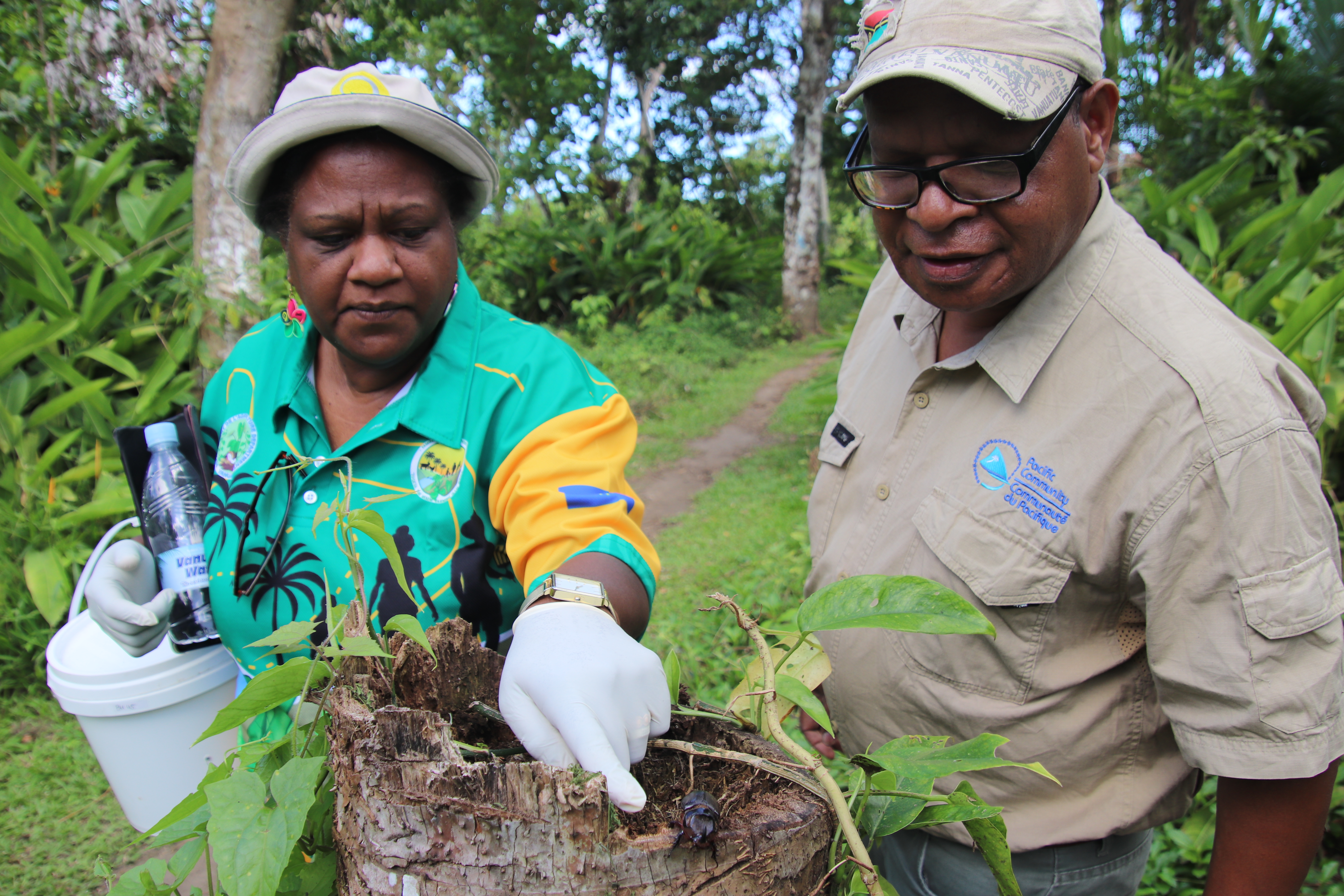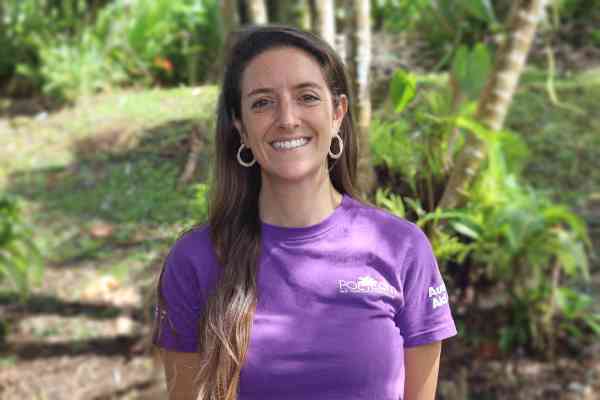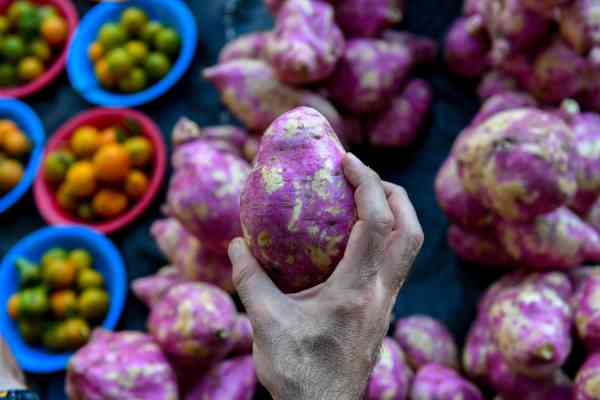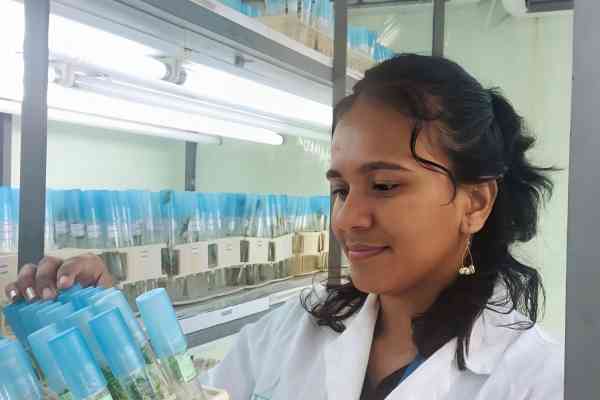
1- Could you briefly describe your academic or professional background and how it has led you to pursue research within the Pacific Community (SPC)?
I have a PhD in Insect Ecology from Queensland University of Technology, Post Graduate Diploma in Entomology from the University of Queensland, Undergraduate and an Honours Degrees Majoring in Biology from the University of Papua New Guinea (PNG).
I started work as a research associate with the National Agricultural Research Institute, then elevated to Curator of the National Agricultural Insect Collection (NARI) and later Principal Scientist. After NARI, I joined the PNG University of Natural Resource and Environment as a Senior Lecturer in Biology and Crop Protection, then joined the PNG Oil Palm Research Association as the Head of Entomology. I joined SPC after this engagement when I was offered the current project that I am managing because it is an entomological problem/issue.
2- Can you tell me about your research project? What inspired you to pursue it, and what are your main objectives or goals?
The project I am managing is more aid-orientated rather than research as the coconut rhinoceros beetle pest issue is categorised as an emergency in the Pacific. We are mainly conducting awareness about the pest in partner countries and assisting with the management and containment efforts using the existing management options. However, data are collected from these activities to better guide the efforts.
3- What specific challenges or obstacles have you faced during your research, and how have you overcome them?
The main challenge in the implementation activities, including research in partner countries in the region, is the lack of technical staff and research facilities. We provide technical training and source materials for them as part of the capacity-building process. We also make regular visits to partner countries and also follow-up on activities fortnightly through Zoom meetings. Apart from the capacity issues, natural disasters also pose major challenges. Where needed, mitigation measures are put in place to get through them.
4- In what ways has your research enhanced your personal and professional development?
The work I am involved in builds on the research capacity I have developed from my previous engagement as I was actively involved in research on the beetle before taking on the current role. It added value and experience to the capabilities I built earlier.
5- Are there any specific skills or knowledge areas that you have gained or improved upon?
The main experience I have gained from the project is on the Metarhizium bulking process and the use of Kobo Toolbox as a data collection tool.
6- Could you shed some light on the organisations or institutions that have played a part in supporting your journey?
The University of Papua New Guinea guided me to pursue a career in Entomology and allowed me to do part- time tutoring when doing my honours. At Queensland University of Technology, I enhanced my research skills and capabilities through the PhD research programme. At the PNG National Agricultural Research Institute (NARI) and PNG Oil Palm Research Association (PNGOPRA), I set the path and foundation for my research career and definitely matured as a career researcher. Finally, at PNG University of Natural Resources and Environment (PNG UNRE), I got university teaching and post-graduate student supervision experience. At PNG University of Technology, I did post-graduate student supervision and thesis examination.
7- Lastly, is there any advice you would give to young aspiring researchers in your area?
Entomology is a challenging but at the same time a fascinating field. Insects are very diverse, and discoveries of new species are made almost every year. There is a lot that remains to be studied and to understand about insects. Because of the high diversity, the field is divided into 4 different disciplines (crop protection entomology, medical entomology, urban entomology, ecological entomology). If you are someone who wants to be challenged but at the same time enjoy the fascination, this is where you want to be. Within the Pacific region, there are only a few qualified entomologists, and I would encourage more young scientists to join the field.


